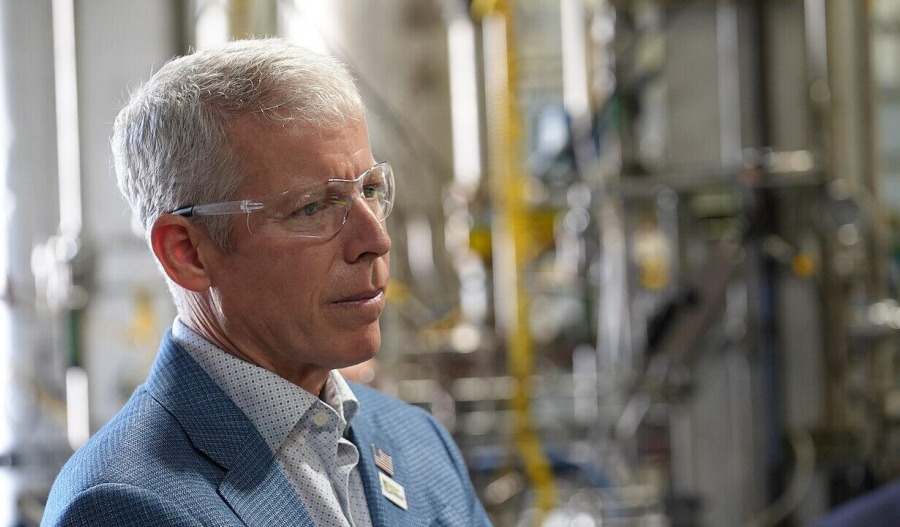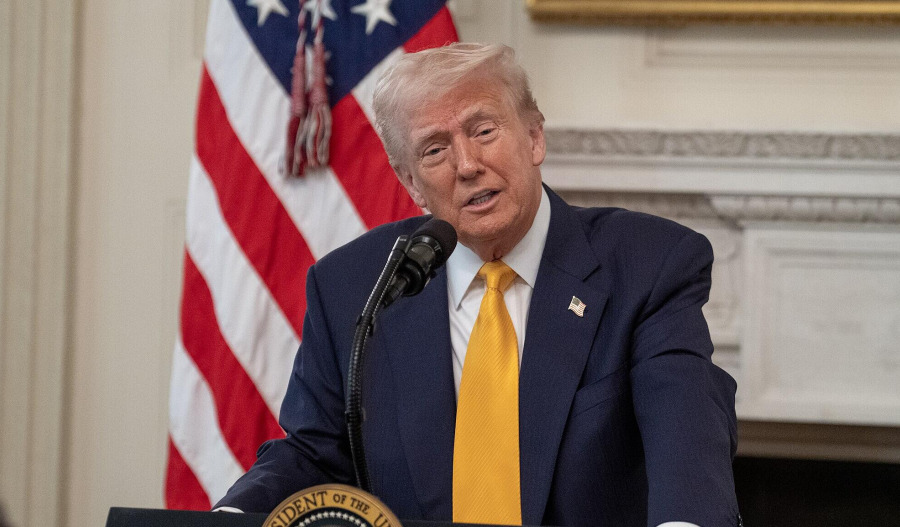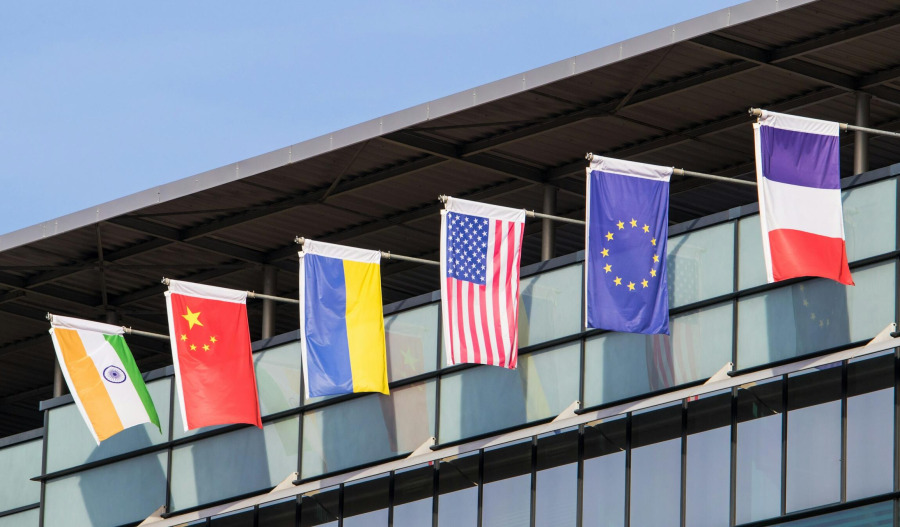China’s economic momentum weakened in July as retail sales, industrial output, and fixed-asset investment all undershot expectations amid persistent domestic demand challenges and adding pressure on Beijing to shore up growth.
Retail sales rose 3.7% year-on-year in July, according to data from the National Bureau of Statistics, missing market forecasts of 4.6% growth and slowing from June’s 4.8% gain.
Industrial output expanded 5.7%, the weakest pace since November 2024 and below expectations for a 5.9% increase.
Fixed-asset investment for the year to date grew 1.6%, well below the 2.7% forecast and slowing from 2.8% in the first half.
Within that category, property investment contracted 12% in the first seven months of the year, marking a deeper downturn in the struggling real estate sector.
Labour market data showed China’s survey-based urban unemployment rate rose to 5.2% in July from 5% in May and June. Youth unemployment, excluding college students, has remained above 14% for the past year.
China’s economy expanded 5.3% in the first half of the year, putting it on track to meet Beijing’s 5% growth target, but economists caution that full-year growth could undershoot without additional policy support.
Meanwhile, in a sign of easing trade tensions, Beijing and Washington this week agreed to extend a tariff pause for another 90 days, pushing the deadline to mid-November and avoiding steep tariff hikes while negotiations for a longer-term deal continue.



